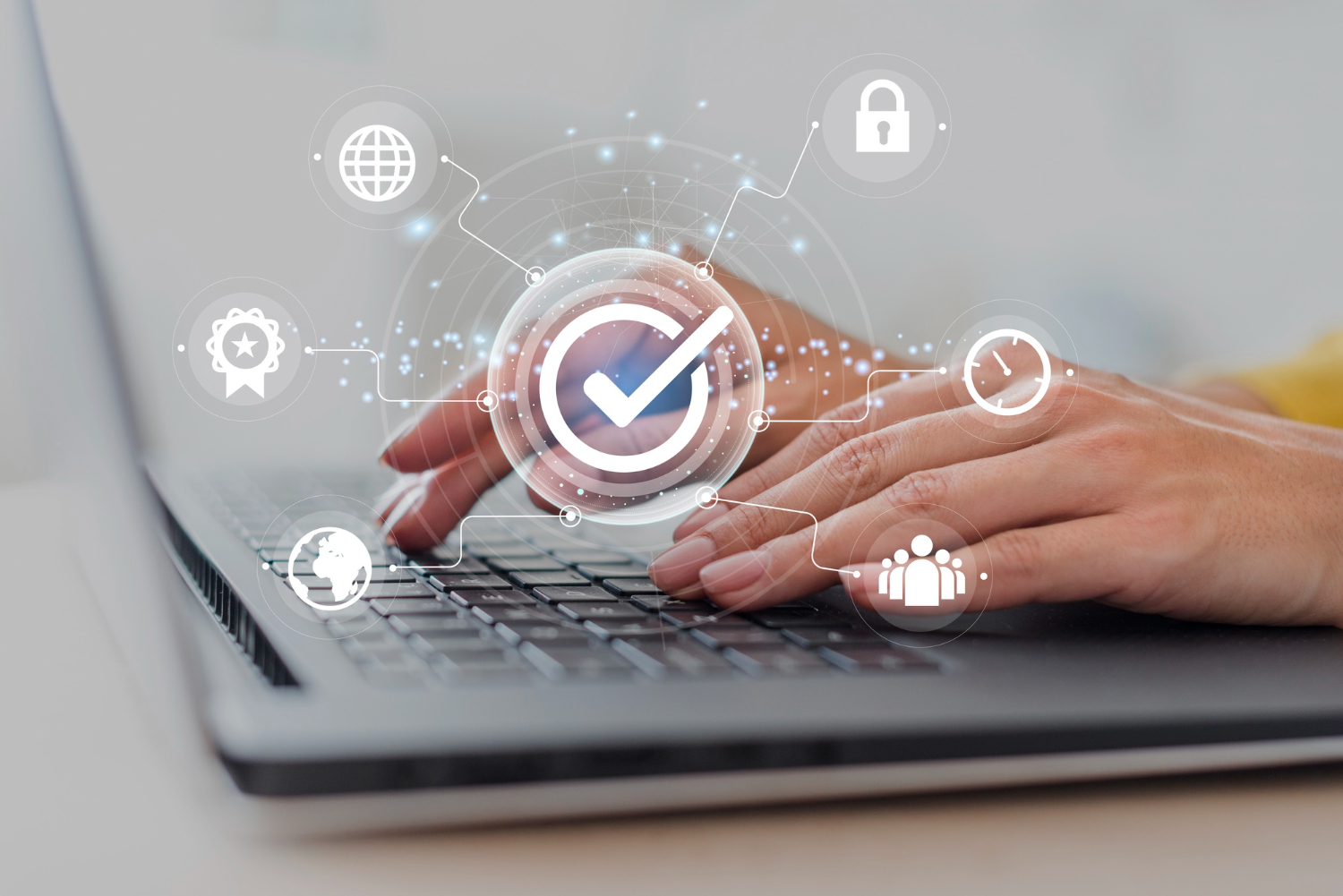- Home
- Blog
Online Privacy in the Digital Age: Navigating the Data Jungle

Online Privacy in the Digital Age: Navigating the Data Jungle
In today's digital world, our lives have become increasingly intertwined with technology. From the moment we wake up to the time we go to bed, we rely on digital devices and services for communication, information, entertainment, and much more. While this digital age has brought numerous conveniences, it has also raised important concerns about online privacy.
Online privacy refers to an individual's right to control the information they share on the internet and keep it confidential. This includes personal data such as names, addresses, financial details, and more. It also encompasses online activities like web browsing, social media interactions, and email correspondence.
IThe digital landscape is dominated by tech giants like Google, Facebook, Amazon, and Apple. These companies offer free services like search engines, social media platforms, and email, which seem innocent at first glance. However, they come at a cost: your data.
Tech companies often collect vast amounts of user data, which they use for various purposes. Data is gathered through cookies, trackers, device information, and user-generated content. This information helps them personalize ads, improve their services, and, in some cases, share data with third parties. This often happens without the explicit consent or awareness of users.
Apps and Devices: Every device and app you use may have privacy settings that allow you to control what data is collected and how it's used. Explore these settings and configure them to align with your comfort level.
Social Media: In particular, pay close attention to your social media profiles. Adjust who can see your posts, what information is public, and review app permissions that might be accessing your profile.
A VPN is a powerful tool in your privacy arsenal. When you connect to a VPN, it acts as a secure intermediary between your device and the websites or services you access. It encrypts your internet traffic, rendering it indecipherable to anyone attempting to intercept it.
Choose a reputable VPN service with a strict no-logs policy, ensuring your online activities remain confidential.
Crafting strong passwords is a fundamental step in safeguarding your online accounts. A strong password typically includes a combination of uppercase and lowercase letters, numbers, and special characters.
Avoid using easily guessable information like birthdays or names. Instead, opt for random combinations that aren't linked to your personal life.
2FA is your digital shield against unauthorized access. It typically combines something you know (your password) with something you have (a temporary code generated on your mobile device or sent to your email).
Whenever a service or platform offers 2FA, enable it. This added layer of security ensures that even if someone learns your password, they can't access your accounts without the second authentication factor.
Your web browser is your gateway to the digital world, but it can also be a source of data leakage. Equip your browser with privacy tools to enhance your online protection.
Firefox: This open-source browser puts privacy at its core. It offers enhanced tracking protection, blocking malicious content, and customizable privacy settings.
Extensions: Browser extensions like uBlock Origin, HTTPS Everywhere, and Privacy Badger help keep trackers at bay. They block unwanted ads, enforce secure connections, and prevent websites from surreptitiously collecting your data.
Updates are more than just patches for software. They often include security fixes to protect against known vulnerabilities.
Set your devices and software to receive automatic updates whenever possible. This ensures that you're always fortified against emerging threats.
A general rule of thumb is to share the minimum amount of personal information online. Think critically about the necessity of providing certain details, especially when filling out forms or surveys.
Scrutinize privacy policies before you share information. Sometimes, companies may collect data and share it with third parties.
Email remains a common communication method, and it's essential to secure it. Consider using encrypted email services like ProtonMail or Tutanota.
For an extra layer of privacy, you can delve into Pretty Good Privacy (PGP), a data encryption and decryption program that provides cryptographic privacy and authentication.
Staying informed is your greatest asset in the realm of online privacy. Keep abreast of the latest privacy concerns, emerging threats, and best practices.
Follow reputable tech news sources and consider joining privacy-focused forums or communities where you can share experiences and learn from others.
The battle for online privacy is an ongoing journey. By following these strategies and actively seeking to expand your knowledge of online privacy, you are taking a bold step in the right direction. Always remember, your online privacy is a digital sanctuary to be preserved, not a treasure to be taken lightly.
While individual efforts to protect online privacy are crucial, addressing this issue on a larger scale requires a collective approach. Advocacy for stronger data protection laws, transparency, and accountability from tech companies is essential. Governments, businesses, and users alike have a role to play in shaping a digital world where privacy is respected and protected.
In this digital age, online privacy is an ever-evolving landscape. Staying vigilant, informed, and proactive is key to ensuring your digital life remains your own.
